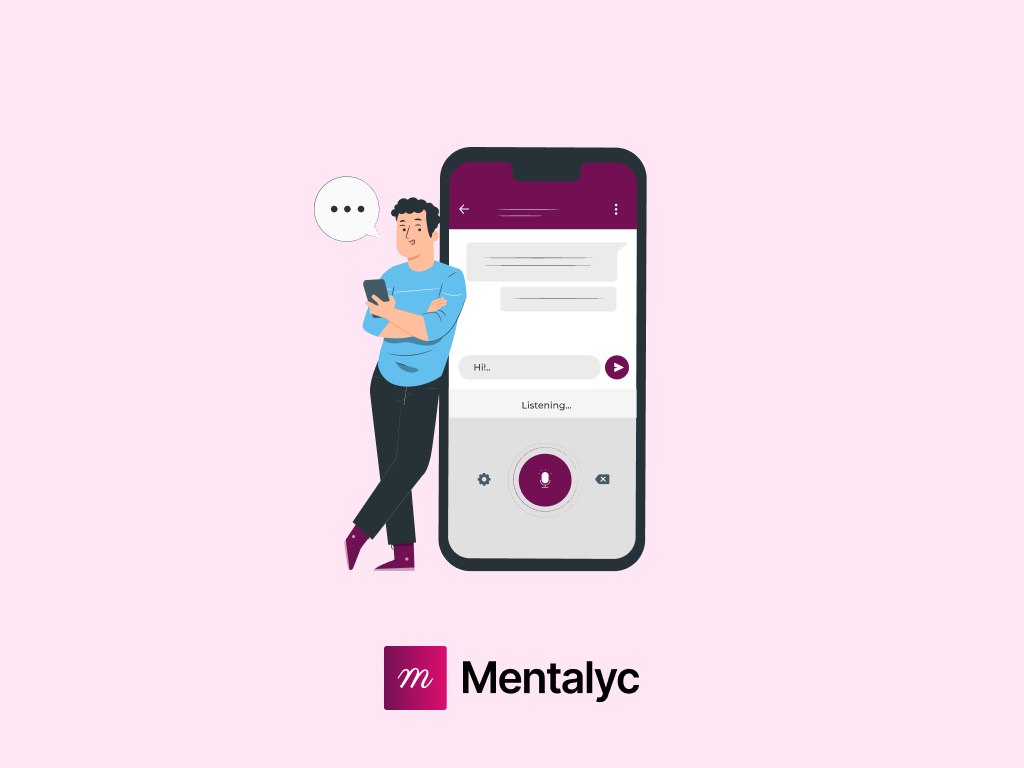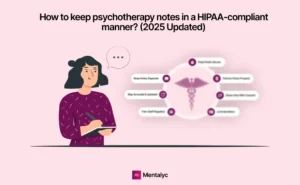Clinicians today juggle countless responsibilities – client sessions, progress tracking, treatment planning, and, of course, the never-ending notes. Documentation can easily consume hours that could be spent focusing on clients. That’s why more and more clinicians are turning to HIPAA-compliant dictation software for psychotherapists – a secure solution that transforms spoken words into clear, organized notes in real time.
With secure therapist and counselor dictation software, clinicians can document faster without sacrificing accuracy or confidentiality. Every transcription is protected under HIPAA privacy standards, ensuring sensitive client information remains safe and compliant.
Unlike general medical tools, a dictation app for therapy notes, like Mentalyc, understands the nuances of psychotherapy language and session structure. It helps mental health professionals streamline documentation, reduce burnout, and keep their focus where it belongs – on providing quality care.
The Health Insurance Portability and Accountability Act (HIPAA) is a federal law in the United States that sets standards for patient privacy and data protection, especially sensitive patient health information (PHI). This includes any information that can be used to identify an individual, such as a person’s name, address, date of birth, social security number, medical history, or other related data.
When it comes to documentation, both therapists and other healthcare professionals need to be particularly careful to ensure that they are using a secure dictation app. This means that the software should not only provide an accurate speech-to-text function but also be designed with the highest levels of security and privacy in mind.
What makes a Good Therapy Session Dictation Software for Mental Health Professionals
A reliable therapy dictation app must go beyond simple voice-to-text transcription. It should ensure data security, HIPAA compliance, and workflow efficiency for healthcare professionals.
The best therapy dictation software HIPAA compliant includes:
- End-to-end encryption and secure data storage to keep patient information fully protected.
- Specifically designed to adhere to the strict privacy regulations of the Health Insurance Portability and Accountability Act.
- Comprehensive audit trails and role-based permissions that guarantee accountability and traceability.
- Secure data transmission across every stage – from recording to storage and sharing.
Mentalyc checks all the boxes. Mentalyc stands out as a fully HIPAA compliant dictation tool for mental health professionals. Mentalyc keeps your client data safe with HIPAA-compliant security at every step. All recordings, transcripts, and notes are encrypted and stored in secure U.S.-based cloud environments, built specifically for healthcare standards. Only authorized users can access data, and every action is logged for transparency and compliance. With end-to-end encryption and regular security audits, Mentalyc ensures your clients’ information stays protected – so you can focus on care, not compliance.
Beyond security, Mentalyc streamlines documentation by automatically transcribing and summarizing therapy sessions into structured, compliant notes – from intake to progress and treatment plans. It weaves together goals, interventions, and outcomes to maintain the insurance-required Golden Thread, ensuring every note is clinically sound, connected, and audit-ready.
Key features of HIPAA-compliant Dictation Tools for Mental Health Professionals
Here are some of the must-have features that you should expect from such a tool:
⏱️ Real-time Speech-to-Text Transcription for Therapy Sessions
A HIPAA-compliant dictation app should be able to convert speech to text in real time, without any significant delay or lag time. This feature is particularly useful for clinicians who have a lot of clients and need to document patient encounters fast and effectively.
🏅 High level of accuracy
Accuracy is crucial when it comes to therapy notes, as any errors or omissions can have serious consequences for patient care. The best dictation software for psychotherapists always uses machine learning algorithms, data, and speech recognition software to ensure the correctness and reliability of results.
🗒️ Template functionality
Many therapy dictation apps now come with pre-built templates that make it easy for clinicians to capture the structure of their sessions. Instead of templates for patient visits or surgeries, these tools include options tailored to mental health – such as SOAP dictation for therapists and DAP dictation software. These formats help organize notes around the therapist’s natural workflow, ensuring every session is documented accurately, consistently, and in line with clinical standards. By using such smart templates, therapists can save significant time, maintain consistency across notes, and ensure their documentation meets both ethical and HIPAA compliance requirements.
🔄 Integration with an EHR
For even greater efficiency, dictation software with EHR integration for therapists allows clinicians to securely transfer dictated notes directly into their client records. Seamless EHR dictation integration helps streamline documentation workflows, minimize errors, and reduce redundant data entry. Some AI note-taking tools offer features that enable one-click copy-pasting, making it effortless to move notes from the dictation software into the client’s chart or practice management system without extra steps.
🗣️ Secure voice recording for therapists
To ensure the highest levels of security and compliance, HIPAA-compliant dictation software for therapists should include secure voice recording and voice recognition functionality. The best dictation software with secure voice recording for therapists ensures that all spoken content – often containing sensitive client information – is safely encrypted, stored, and accessible only to authorized users. This level of protection not only keeps PHI secure but also gives clinicians peace of mind that their session recordings and transcriptions remain confidential and fully compliant with HIPAA privacy standards.
🎤 Microphone compatibility
To make it easy for a healthcare pro to use the patient documentation software, the dictation app should be compatible with a wide range of microphones, including those built into smartphones, tablets, or other devices. With such compatibility, it can also serve as a reliable tool for real-time session transcription in any setting.
Find some other tips to avoid HIPAA violations in the video below.
Best HIPAA-compliant Dictation Software for Therapists, Psychologists & Counselors
You must be wondering if psychotherapists and other mental health professionals can also utilize such a tool and even if there is any similar tool available for them that fulfills the therapy requirements on the market in the first place. So get excited because my answer is “YES” now mental health professionals can also benefit from a secure dictation app “Mentalyc”.
Mentalyc: HIPAA-compliant Dictation Software for Therapists & Psychologists
If you’re a psychotherapist, you know that documentation isn’t just paperwork — it’s a cornerstone of ethical and effective care. But typing notes during or after sessions can be time-consuming, stressful, and often distracts from what truly matters: your connection with the client.
That’s why Mentalyc was created – a leading HIPAA-compliant voice recognition software and clinical intelligence platform built specifically for mental health professionals.
Mentalyc isn’t just a dictation app with templates for therapy. It’s a clinical intelligence tool that transforms how you document, plan, and understand your therapeutic work.
The platform captures your sessions in multiple ways:
- Record live therapy sessions securely (audio only, never shared with third parties)
- Upload past recordings for instant analysis and note generation
- Type or dictate a recap after the session — perfect for those who prefer summarizing key moments
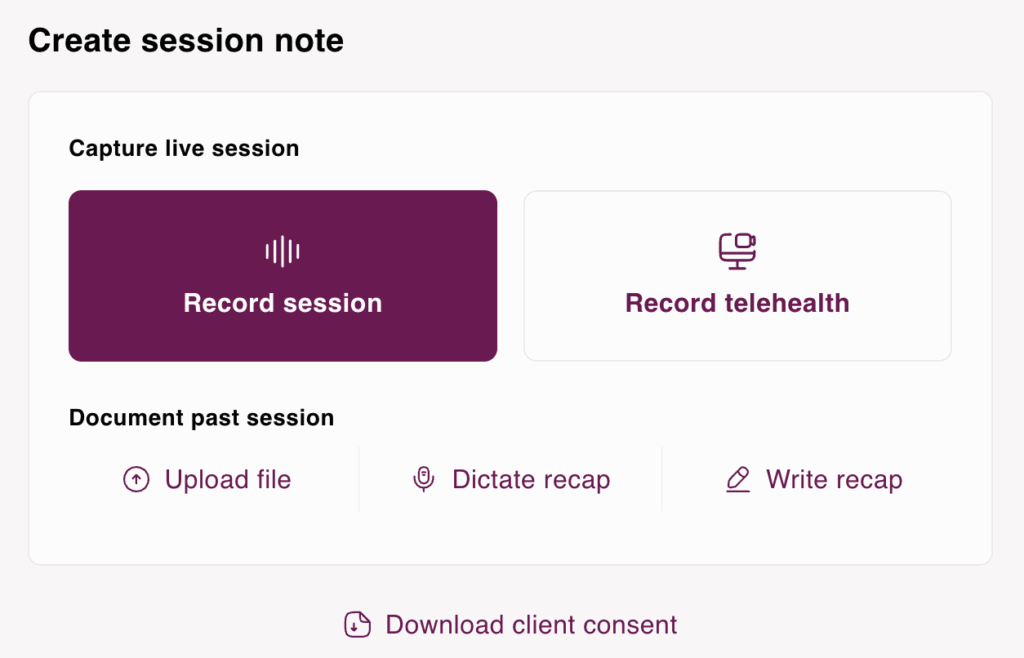
From there, Mentalyc automatically structures your documentation in your preferred professional format: SOAP, DAP, BIRP, GIRP, and more. Mentalyc ensures Golden Thread — seamlessly connecting the client’s goals, interventions, and progress across sessions.
Mentalyc doesn’t stop at transcription. It analyzes session content using advanced speech recognition for healthcare, machine learning, and natural language understanding to generate:
- Smart treatment plans with suggested goals and interventions tailored to each client
- Progress tracking through measurable trends in symptoms and behavior
- Alliance metrics powered by the Alliance Genie™, offering supervision-like insights into rapport
These features turn Mentalyc into more than just a note generator – it’s a digital partner that helps you reflect, grow, and provide higher-quality care.
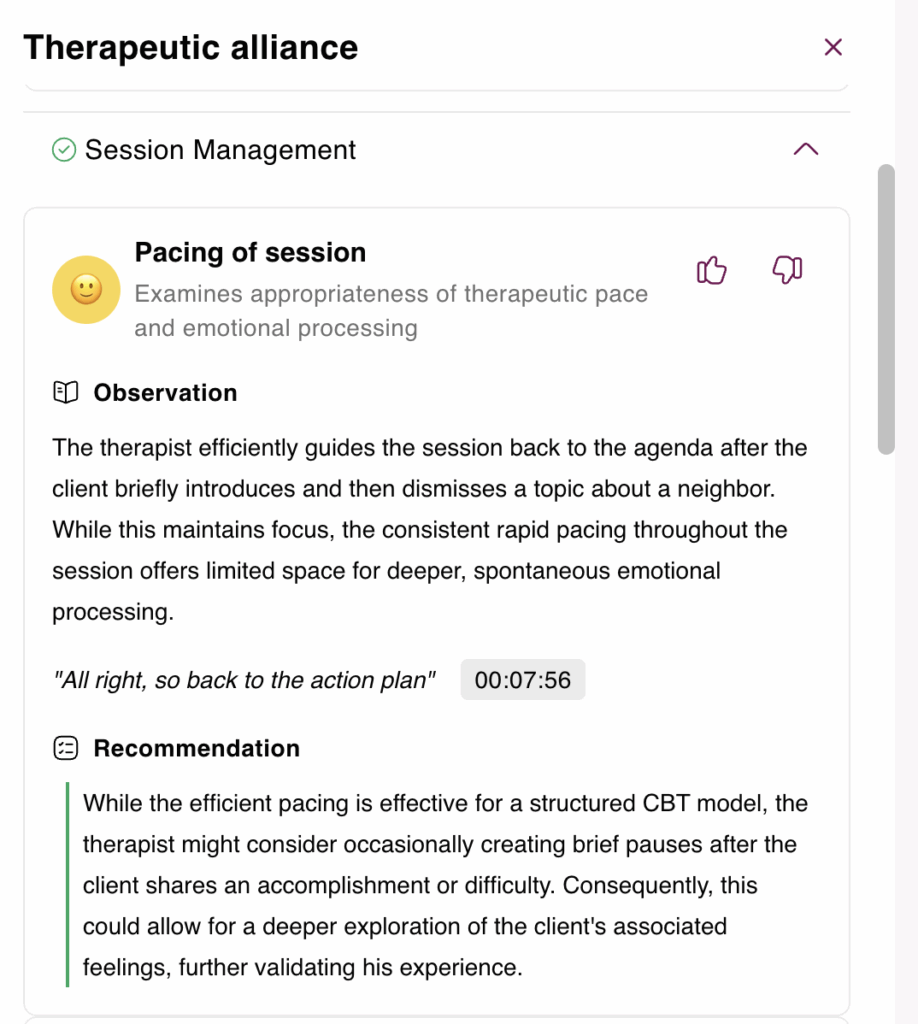
Built with HIPAA and PIPEDA compliance at its core, Mentalyc ensures every piece of client data remains private and protected. The secure therapy voice-to-text software uses encryption and restricted access to safeguard all information.
Note accuracy is another cornerstone. Mentalyc’s speech recognition engine — trained specifically for therapeutic language — captures complex clinical terms and emotional nuances with exceptional precision. The result? Reliable, professional documentation that saves hours while improving quality.
And for clinics and private practices already using EHR systems, Mentalyc works alongside any platform with ease. You can simply copy or export with one click your finalized notes into your EHR.
With the Mentalyc web app, psychotherapists can reclaim hours each week previously spent on manual typing and formatting. Whether you’re dictating notes, recording sessions, or planning interventions, Mentalyc automates the admin work so you can focus on what matters most — helping your clients heal and grow.
Dictation Feature in Mentalyc’s HIPAA-Compliant Therapy Dictation App
In Mentalyc, therapists have multiple flexible options to capture session data: you can record the session live (in person or via telehealth), upload an audio file afterward, type a written summary, or dictate a recap into the system.
Among those, the dictation (or “dictate a summary”) mode is particularly unique: rather than storing or transcribing full audio, you speak your impressions, highlights, or clinical observations, and Mentalyc’s AI turns that speech into structured therapy notes. This is a capability other AI note-taking tools don’t support (or only support in a limited fashion) – most alternatives rely purely on audio recording or transcription of full sessions.
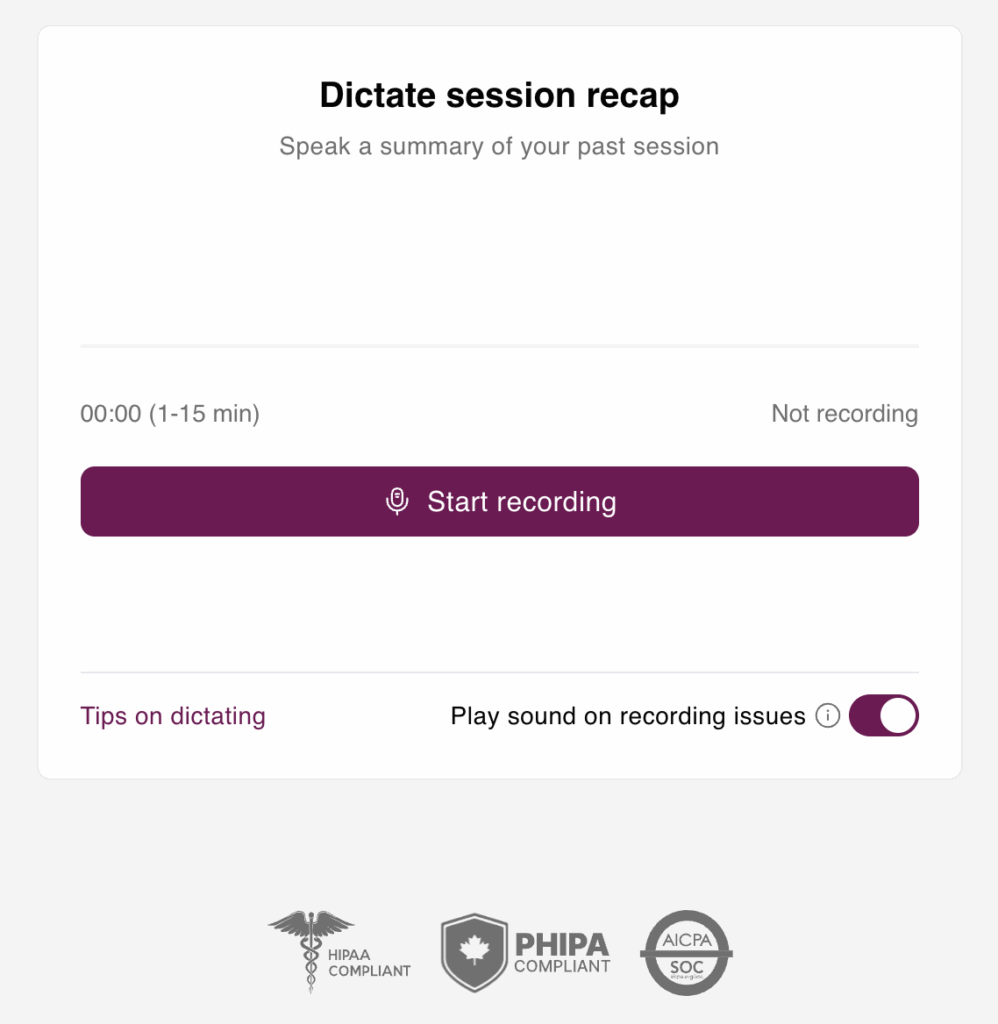
This dictation-based workflow is especially helpful in the following scenarios:
🗣️ Client consent for recording isn’t provided — the therapist can still dictate a summary safely and compliantly.
⚡ A quick recap is needed right after the session — perfect for busy schedules or back-to-back appointments.
💡 The clinician prefers to highlight key insights or interventions rather than record entire sessions.
📵 The session was conducted offline (e.g., in-person therapy without devices).
Here’s what clinicians are saying about Mentalyc’s dictation feature:
Why other mental health professionals love Mentalyc

“A lot of my clients love the functionality where I can send them a summary of what we addressed during the session, and they find it very helpful and enlightening.”
Therapist

“I go back and can read the notes, and it really helps me for the next session. It has made me a much better counselor.”
Licensed Professional Counselor
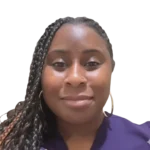
“If I were recommending this software to a colleague, I would tell them that it is the best thing that they could do for their practice.”
Licensed Professional Counselor
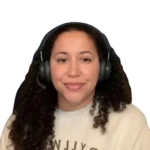
“For anyone hesitant: this is a lifesaver. It will change your life, and you have more time to be present with your patients.”
Licensed Clinical Social Worker
Mentalyc’s SOAP Note Example for HIPAA-Compliant Therapy Documentation
Writing therapy notes doesn’t have to be time-consuming or stressful. With SOAP dictation for therapists, this process becomes even faster and more natural. Here is an example.
Here’s an example of the kind of note you can create with Mentalyc. The platform allows you to choose from multiple documentation templates – such as SOAP, DAP, GIRP, BIRP and others – so you can work in the format that best fits your clinical style and supervision requirements.
SUBJECTIVE
The client presented with significant anticipatory anxiety regarding two primary concerns: an upcoming family barbecue with her daughter’s in-laws, where she fears being negatively judged (“And I’m worried about what they’re going to think about me because of everything that’s happened to me”), and feeling ‘daunted’ by the task of explaining a two-year employment gap on job applications. She reported this anxiety impairs her occupational functioning by creating a barrier to seeking employment and also impacts her social life by causing distress about family events. The client fears her in-laws, whom she does not know well, will perceive her as “lazy, irresponsible” due to her recent unemployment and depression. Her worry about job applications is a persistent, daily concern, whereas the anxiety about the barbecue is acute and event-specific. Despite these challenges, the client is demonstrating improved coping skills, indicating a positive shift from avoidance to active problem-solving.
OBJECTIVE
The session was conducted using a clinical interview as the primary assessment method, supplemented by a review of the client’s completed ‘Action Plan’ and ‘Testing Your Thoughts’ worksheet to evaluate the application of Cognitive Behavioral Therapy (CBT) skills. A risk assessment revealed no indication of risk to self or others; the client denied any suicidal or homicidal ideation and is actively engaged in future-oriented planning. The therapeutic approach integrated Person-Centered principles with CBT interventions, which included collaborative agenda setting, cognitive restructuring to challenge negative predictions, and structured problem-solving to address the employment gap on her resume. Furthermore, a behavioral rehearsal via role-play was conducted to build confidence for the family barbecue, with coaching provided to improve verbal and non-verbal communication. Positive reinforcement was used throughout the session to enhance the client’s self-efficacy.
ASSESSMENT
The client’s response to treatment is strong, as she was highly engaged, reflective, and demonstrated an excellent ability to apply therapeutic concepts. This was evidenced by her successful independent use of a ‘Testing your thoughts’ worksheet to manage distress over a conflict with a neighbor and her receptiveness to feedback during the role-play exercise. Significant progress is being made on all treatment goals. She is actively addressing social anxiety by preparing for the family gathering (Goal 1), has developed a concrete, actionable plan to overcome employment barriers (Goal 2), and has increased her self-efficacy through consistent behavioral activation and cognitive skill-building (Goal 3). A key challenge remains her tendency towards automatic negative thoughts and the difficulty she has in emotionally connecting with a more confident self-perception, which will require continued practice. Overall, progress is strong, with the client actively using skills to manage anxiety and re-engage in valued activities.
PLAN
The client will continue to apply CBT strategies as homework before the next session. Her action plan includes filling out job applications using the strategy developed to address her employment gap, contacting a former supervisor for a reference, and continuing to use her ‘credit list’ and ‘Testing your thoughts’ worksheets to manage distressing thoughts. For the upcoming family barbecue, she will practice the skills from the role-play, such as maintaining confident posture and using prepared conversation topics. The plan for the next weekly session is to review her experiences with these tasks, specifically discussing the job applications and the outcome of the family gathering. Continued treatment will focus on supporting her job search and social re-engagement while reinforcing the use of CBT skills to manage anxiety and build self-efficacy. There is no coordination of care required at this time.
Comparison of Mentalyc vs Other Dictation Software
| Feature / Criteria | Mentalyc (Therapist-Focused) | Other/Traditional Dictation Software |
| Primary Use Case | Built specifically for psychotherapists and mental health documentation (DAP, SOAP, BIRP notes and more). | Designed for general medical professionals or multi-specialty healthcare use. |
| Compliance | 100% HIPAA compliant dictation software, with PHI encryption and secure storage. | Varies – some tools are HIPAA-compliant by design; others require manual compliance setup; many are not safe for psychotherapy use. |
| Transcription Method | Automated AI-based note generation with context-aware summaries. | Converts speech-to-text but often requires manual editing and formatting. |
| Integration | Seamless with EHRs | Basic EHR compatibility, but usually lacks mental health–specific templates. |
| Accuracy | Uses advanced speech recognition in healthcare tailored to psychotherapy language and clinical phrasing. | General medical terminology recognition; may struggle with therapy-specific terms. |
| Templates & Structure | Provides customizable psychotherapy templates (SOAP, DAP, BIRP). | Limited templates, or mostly medical visit or surgery-based. |
| Time-Saving | Cuts note-taking time by up to 80% (from 30 mins to ~5 mins). | Saves some time, but still requires clinician edits for formatting/accuracy. |
| Ease of Use | Minimal training needed; intuitive interface for therapists. | Often complex with a steep learning curve for non-technical users. |
| Cost Efficiency | Subscription plans optimized for therapists and private practices. | May be expensive, with enterprise-level pricing. |
| Additional Features | AI clinical intelligence, progress tracking, and note organization. | Standard dictation, usually without clinical insights or AI enhancements. |
Mentalyc vs A Traditional Dictation Software: What’s the Difference?
Unlike traditional dictation tools such as Nuance Dragon speech recognition tool, which only convert speech to text, Mentalyc goes far beyond simple transcription. It’s not just a dictation software — it’s a clinical documentation assistant designed specifically for mental health professionals. Mentalyc utilizes advanced AI technology to automatically create highly accurate therapy notes with minimal adjustments required, resulting in significant time savings for therapists. For clinicians looking for a HIPAA compliant note-taking app, Mentalyc provides a focused solution tailored to psychotherapy. On the other hand, traditional dictation tools are versatile and can be applied to various fields, but they may not be the best option for mental health professionals seeking a more specialized solution for their documentation needs.
Here are more differences between Mentalyc dictation and traditional dictation:
- Traditional dictation tools and Mentalyc are both transcription software that offers efficient ways to create notes and streamline the documentation process.
- Traditional dictation tools are versatile in such a way that can be applied to various fields such as education, finance, healthcare, law, business, and social services, while Mentalyc is a specialized psychotherapy documentation tool designed specifically for the psychotherapy field.
- Mentalyc’s AI-powered tool creates accurate and detailed notes for therapy sessions, eliminating the need for manual transcription, and offers features such as therapist progress notes automation, identification of symptoms, and OFAID analysis.
- While both traditional dictation tools and Mentalyc can greatly improve efficiency and streamline the documentation process, they are best suited for different fields and purposes, especially when an encrypted healthcare dictation system is required for compliance.
Mentalyc Dictation App Plans & Pricing
| Plan | Price | Key Features |
| 14-Day Free Trial | $0 | 14 days of full PROaccess, including 15notes—no credit cardrequired. |
| Mini | USD 14.99 /month | Record in-personsessions, upload audiofiles, use voice-to-text, or type notes directly, etc |
| Basic | USD 29.99 /month | Everything in Mini, plus:Alliance Genie™ NEW!(limited access), Smart TP™ |
| Pro | USD 59.99 /month | EMDR, Play andPsychiatry modalities,100+ custom templatesincld. BIRP, PIRP,GIRP, PIE, and SIRP,Auto-computed CPTcodes |
| Super | USD 99.99 /month | Everything in Pro, plus:Group therapy notes foreach group member,Priority onboarding andsupport |
For more information, visit the pricing page on our website.
The Bottom Line: Why Therapists Should Use HIPAA-Compliant Dictation Software for Clinical Notes
Utilizing HIPAA-compliant dictation software can be a huge help for all healthcare professionals, allowing them to document patient encounters more quickly, accurately, and securely. By leveraging the latest speech recognition technology and integrating seamlessly with EHR systems, these tools can help improve patient care while also ensuring top-level data security.
Using Mentalyc’s secure and compliant dictation feature is a game-changer for therapists. Instead of spending precious time typing, you can focus on conversation with your clients and have Mentalyc transform your conversation into structured, professional notes. You also have the flexibility to choose how you capture your sessions – through full session recording, update or quick dictation. Dictation is especially helpful if a client prefers not to be recorded, giving you a secure and efficient way to complete your notes without losing important details.
Mentalyc not only speeds up documentation but also reduces stress, keeps you present with clients, and ensures every detail is captured accurately and in compliance with clinical standards.
